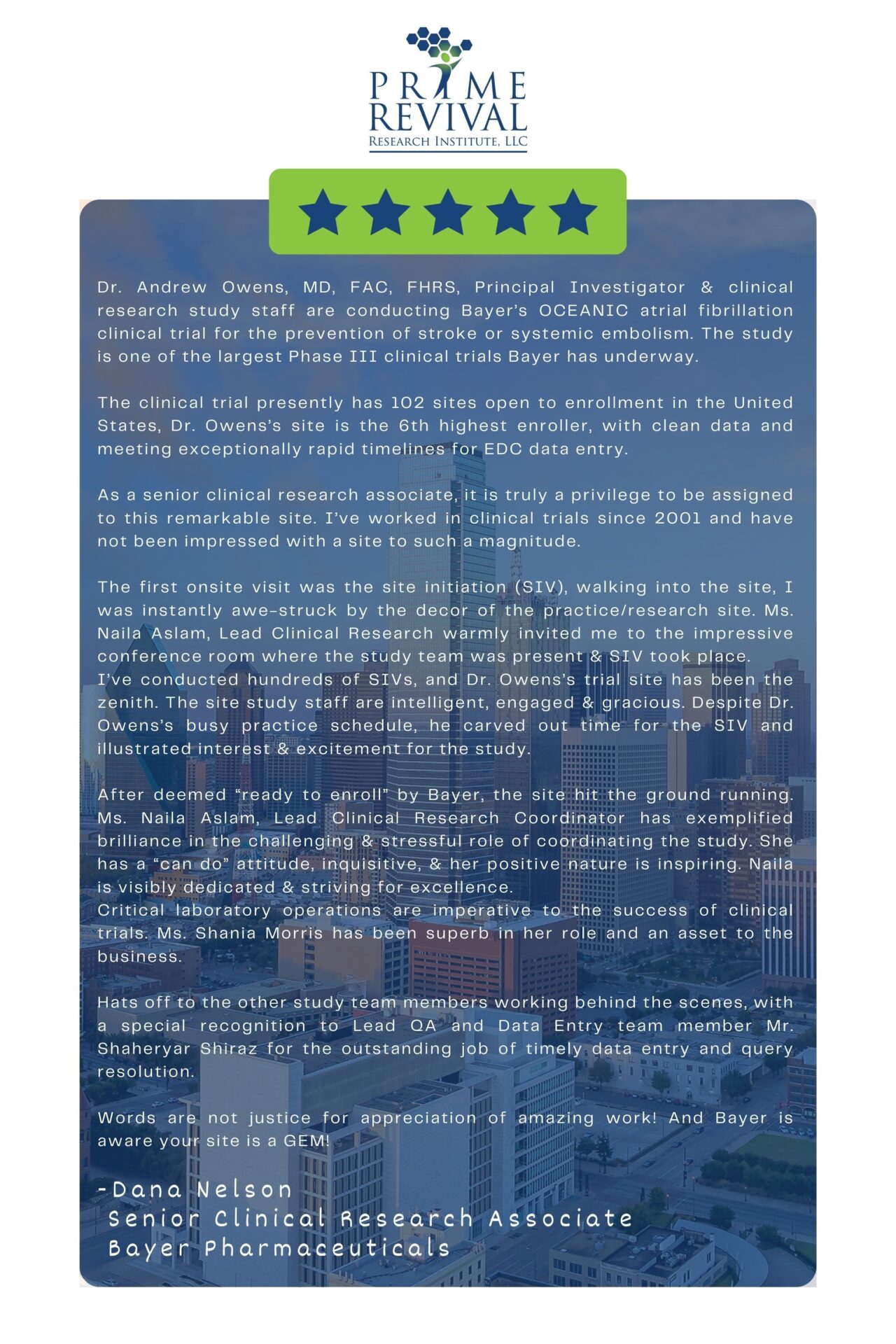Last Updated on February 15, 2024
 Heart failure is marked by the heart’s inability to pump blood effectively. It is a chronic condition that worsens over time, leading to inadequate circulation and oxygen delivery to the body’s tissues. It may be caused by numerous factors such as hypertension, coronary artery disease, and structural heart disorders.
Heart failure is marked by the heart’s inability to pump blood effectively. It is a chronic condition that worsens over time, leading to inadequate circulation and oxygen delivery to the body’s tissues. It may be caused by numerous factors such as hypertension, coronary artery disease, and structural heart disorders.
Congestive heart failure, on the other hand, often used interchangeably with heart failure, is a particular kind of heart failure in which fluid accumulates around the heart and in the lungs, resulting in congestion. It is a serious condition that demands medical management to alleviate symptoms and enhance the overall health of the heart.
Is congestive heart failure reversible? That is something to think about. However, with recent advancements in medical technology, a tailored strategy that involves proactive lifestyle changes and targeted medical interventions can not only alleviate the symptoms but also potentially help in making congestive heart failure reversible.
This article will delve into the details of heart failure, symptoms of congestive heart failure, and strategies for reversal of congestive heart failure.
What Is Congestive Heart Failure (CHF)?
Congestive Heart Failure (CHF) occurs when the heart lacks the ability to consistently pump blood to meet the body’s requirements. While it is usually a progressive chronic condition, early diagnosis or potential treatment for heart failure may, in some cases, facilitate reversal or at the very least, a temporary halt in its progression.
However, embracing a healthy lifestyle and adhering to a disciplined medication regimen can potentially improve cardiovascular health. Additional treatments may be required to manage underlying heart conditions.
What are the Symptoms of Congestive Heart Failure?
Some of the major symptoms of congestive heart failure include:
- Awakening with shortness of breath at night
- Pain in chest
- Heart palpitation
- Fatigue during physical activity
- Swelling in the legs, ankles, and abdomen
- Excessive weight gain
- Increased urge to urinate
- Dry cough
- Abdominal fullness or hardness
- Loss of appetite or nausea
It is crucial to realize that individuals may experience these symptoms or none at all, but this does not negate heart failure. Additionally, congestive heart failure may lead to an escalation of signs and symptoms if not addressed timely.
Is Congestive Heart Failure Reversible?
Is congestive heart failure reversible or not? Unfortunately, this condition lacks a definite cure. Nevertheless, significant adjustments in lifestyle and medications readily make congestive heart failure reversible. Valvular disease is known to be the primary cause of heart failure, a successful replacement of the valve may restore the heart’s normal pumping capacity.
A notable aspect of heart failure, known as cardiac remodeling, can occasionally undergo reversal. It typically occurs following heart damage, or the onset of heart failure, altering the heart’s shape, function, and size. Other potential approaches include medical therapy, implantation of devices like pacemakers, and surgeries improving blood flow to the heart to enhance the effectiveness of heart contractions.
How Can Congestive Heart Failure Be Reversed?
Combining lifestyle practices alongside medication, strict blood pressure and blood glucose control can significantly contribute to making congestive heart failure reversible. Moreover, the treatment plan, including medication type and dosage, is personalized based on the specific heart failure type, severity, and potential side effects.
Certain medications within these four classes are recognized for their effectiveness in alleviating symptoms, such as:
- Beta Blockers: Certain beta-blockers, such as Coreg (carvedilol), Toprol (metoprolol succinate), and Zebeta (bisoprolol), have shown effectiveness in lessening symptoms and making congestive heart failure reversible.
- Renin-Angiotensin System Blockers: Medications targeting the renin-angiotensin system, including Angiotensin-Converting Enzyme Inhibitors (ACE Inhibitors) and Angiotensin II Blockers (ARBs), play a crucial role in heart failure management.
- Spironolactone: Aldactone (spironolactone), categorized as a diuretic, mitigates congestive heart failure symptoms by blocking aldosterone activity, a hormone regulating water and sodium levels. Contributing to improved fluid management in the body.
- Sodium Glucose Cotransporter 2 (SGLT-2) Inhibitors: Jardiance (empagliflozin), an SGLT-2 inhibitor and Farxiga (dapagliflozin) reduce the risk of cardiovascular death and hospitalization for heart failure, although it may not directly reverse heart failure.
What Lifestyle Changes are Required to Reverse Congestive Heart Failure?
There are certain natural ways to reverse congestive heart failure. If one has experienced congestive heart failure, one may consider:
- Opting for a diet consisting of fresh fruits, vegetables, low sodium, and high potassium.
- Avoiding excessive sodium intake for a healthier heart and improved overall well-being.
- Maintaining a healthy BMI (Body Mass Index) under 30 depending on height and weight.
- Engaging in exercises weekly for substantial health benefits, promoting overall wellness.
- Monitoring weight regularly for proactive health management and better quality of life.
- Getting enough sleep can potentially help to make congestive heart failure reversible.
- Quitting smoking can result in a significant boost in reversing congestive heart failure.
It is crucial to consult a healthcare professional before incorporating any changes into your routine to alleviate symptoms and make congestive heart failure reversible.
Summary
Congestive heart failure poses a significant threat to daily functionality and overall well-being. Numerous clinical research organizations including Prime Revival Research Institute are actively investigating potential treatments to make congestive heart failure reversible and to successfully mitigate the symptoms. While there is no absolute cure for congestive heart failure, adopting a healthy lifestyle in combination with medications may contribute to the reversal of its symptoms.


